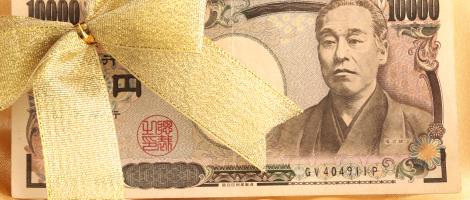The following domestic business transactions are exempted from Consumption tax:

The following domestic business transactions are exempted from Consumption tax:
Although corporate and consumption taxation issues are those you will have to deal with in your daily business activities as an SME, there are also a number of other taxes and rules that might have effect on your business dealings. Some of these are introduced on this page. Please use the quick link to jump to the appropriate section.
Quick links to
Foreign companies engaged in business in Japan without a physical presence, but possessing warehousing and distributing goods in Japan, may be classified as having a permanent establishment in Japan. In this situation, the company could also be subjected to direct, as well as indirect taxes like Consumption tax.
Self Assessment and Payment
Enterprises engaged in domestic transactions (excluding enterprises that are exempt from consumption tax) and parties engaged in import transactions must file and pay consumption tax on their taxable sales by the methods and procedures respectively provided for them. If the amount of consumption tax on the taxable sales of an enterprise is less than the amount of consumption tax on purchases (calculated as being deductible by the prescribed method), the shortfall is refunded by filing.

Main points
The Japanese government at various levels offers subsidies to support SMEs. JETRO provides an overview of the programmes in place.
Local government incentives for foreign companies
Tax credits
In Japan it is possible for foreign SMEs to receive tax credits for a variety of expenses such as R&D costs. JETRO provides an overview of incentives such as tax credits. A number of the fiscal measures available during FY 2019 are introduced below:
R&D tax credits

Japan offers many subsidies and fiscal incentives to attract foreign investment. Businesses creating regional headquarters or R&D Centres and projects, which can create employment opportunities in the perifery of Japan, will find some of these government measures to be particularly favorable. Fiscal measures are usually determined on an annual basis and many run for a predetermined period, which is often extended.

The EU-Japan Centre currently produces 5 newsletters :










Joint venture established in 1987 by the European Commission (DG GROW) and the Japanese Government (METI) for promoting all forms of industrial, trade and investment cooperation between the EU and Japan.
The EU-Japan Centre’s activities are subject to the allocation of a Grant Agreement by the European Commission for 2024-2026

